Refuel and relax at a writing retreat

I have a nice office. Early in 2022, my husband and I moved from the home we spent 16 years raising our children in, to a much larger place. We did this to accommodate my mother, who I had brought to live with me. Now, I have a spacious room in which to work and write. In front of my desk is a large window, through which the sunlight streams in the afternoons. There are large bookcases behind me, filled with old and new book-friends, and I’m surrounded by shelves of my sentimental tchotchkes, family photographs and artwork.
I should be able to write my masterpiece in such an inspiring place, shouldn’t I?
Yes, theoretically. But with two jobs, elder care, and my youngest of three still in university, life is full of strict routine, by necessity. The days melt together into weeks, into months, into seasons, until I look up and wonder, “where did half the year go?”
There’s a line from the Russell Crowe movie, Gladiator: “Sometimes I do what I want to do. The rest of the time, I do what I have to.”
With such a full plate, the opportunity to spend a weekend away from all responsibilities, and just do what I want to do sounds heavenly. I could choose a quiet, peaceful place with homey surroundings, perhaps a heritage building in which I would be assigned a simple room. Such a building might be full of nooks and crannies to discover—I could curl up and write wherever I liked. Or sleep. Play scrabble. Read a book.
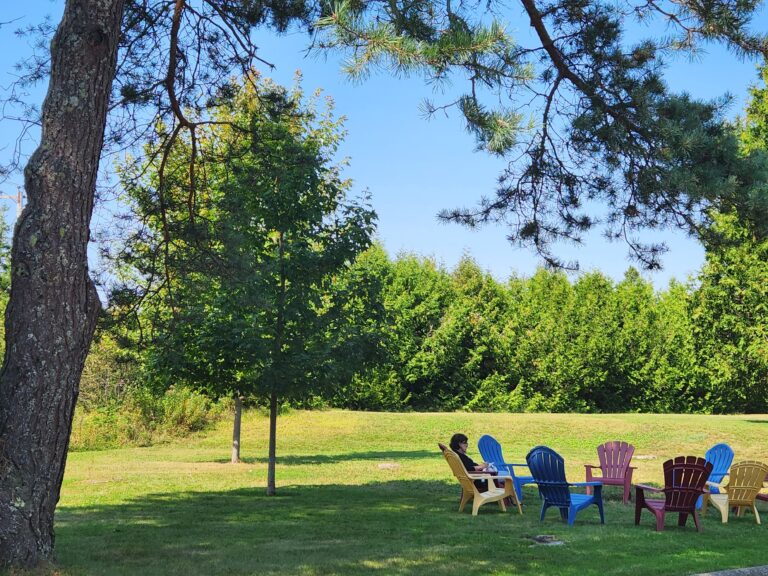
Nestled on a large acreage, my retreat centre would be surrounded by groomed trails, inhabited by local deer who don’t seem to fear posing for a picture. All meals and snacks would be provided by the chef in the kitchen (it wouldn’t be me). When I was hungry, I would follow my nose to the dining room. And it wouldn’t be too pricey a weekend, either.
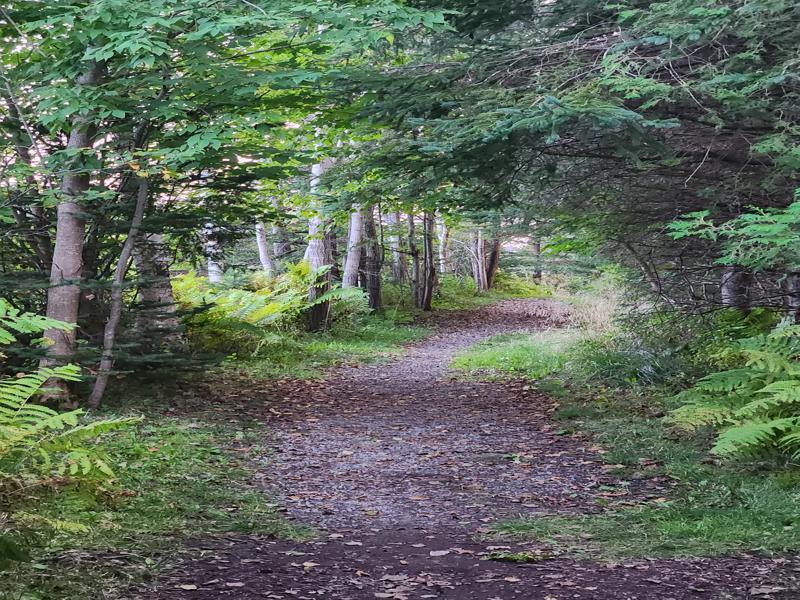
This is the appeal of a writers’ retreat weekend, just like the one the Writers’ Federation of NB (WFNB) enjoyed in September at Villa Madonna Retreat House in Rothesay, NB. A group of 15 writers, both members and non-members gathered to rest, rejuvenate, and most of all, to write. We call it Writing Together Alone.
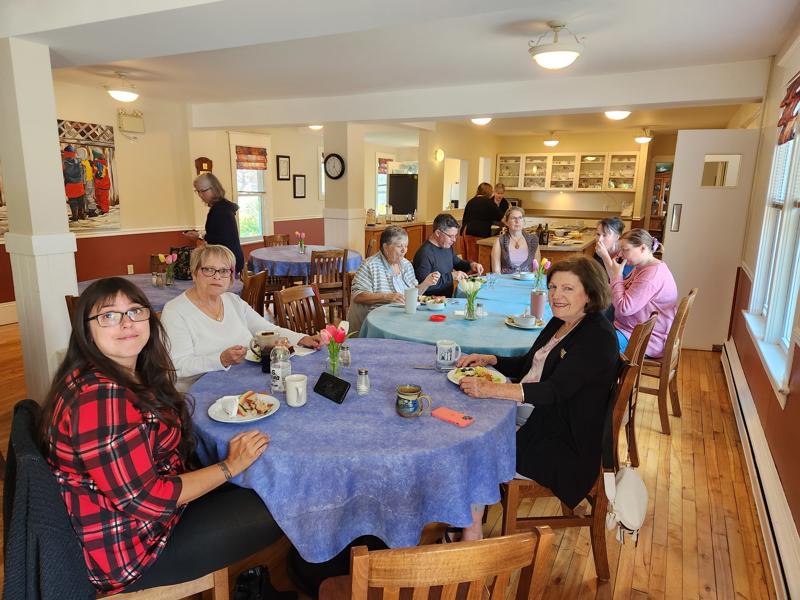
This year, we were joined by a Writer-in-Residence, the poet and essayist, Margo Wheaton. She stayed for the weekend to meet with each writer, discuss their projects, and offer advice.
The more I take part in these events, the more convinced I am of a couple of things.
Group retreats are more fun and inspiring than going solo. Not that working alone doesn’t have its place. Perhaps it’s just the way I’ve done solo work in the past that’s not so enjoyable. For example, a few years ago, I had a pressing deadline, and I wanted to get away to finish the first draft of a short project. I was dropped off on a Thursday night at a tiny, one room cabin on the heavily forested grounds of a private New Brunswick retreat centre, used mostly for marriage counselling. I was picked up again on Sunday afternoon. The room fitted a twin bed, a writing desk with a lamp, and not much else, not even a bathroom. Instead, there was an eco-porta potty in the corner. It had a window over the desk overlooking a small front porch, featuring a small barbecue. It had electricity for my laptop, and space for my electric kettle for my Mr. Noodles. And no Internet. As I recall, what sounded like a very large animal sniffed and scratched at the walls every night. If it was a porcupine, it sounded ten feet tall.
A little too rustic, perhaps.
It was a cheap weekend, and my rationale at the time was that I didn’t want any opportunity for procrastination. It did force me to be productive, but I didn’t really enjoy it. Perhaps that’s why I sometimes associate writing with struggle and discomfort. Despite being an introvert, I found being completely alone was part of the harshness. I’m not as solitary a being as I think I am.
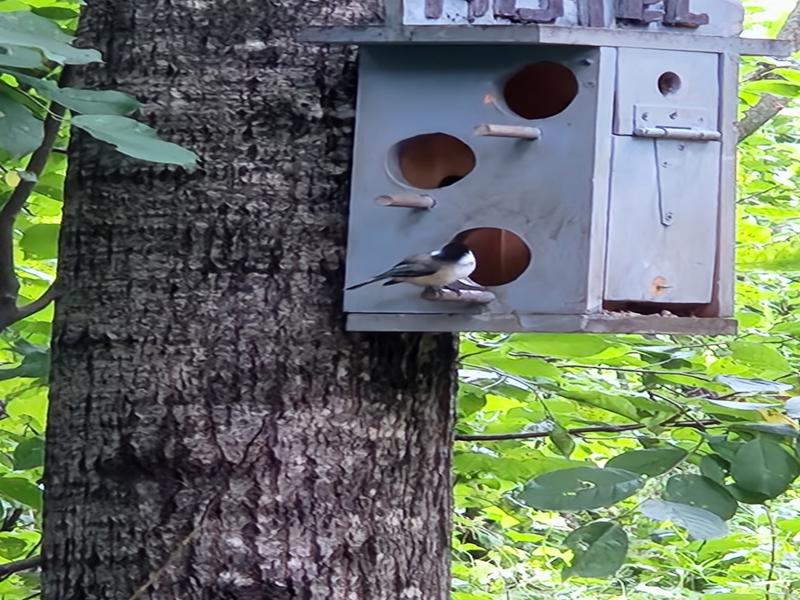

In contrast, our WFNB retreats are held in more comfortable surroundings and offer a lot of flexibility. The idea is to remove all obstacles to productivity—you don’t have to cook or clean your room–and you get to decide what the level of productivity is. The by-product of going with a group is that it facilitates a lot of interesting discussion at dinner time, with people you might not have met before. Networking opportunities can naturally arise out of those conversations. When dinner is over, you can scuttle back to your room.
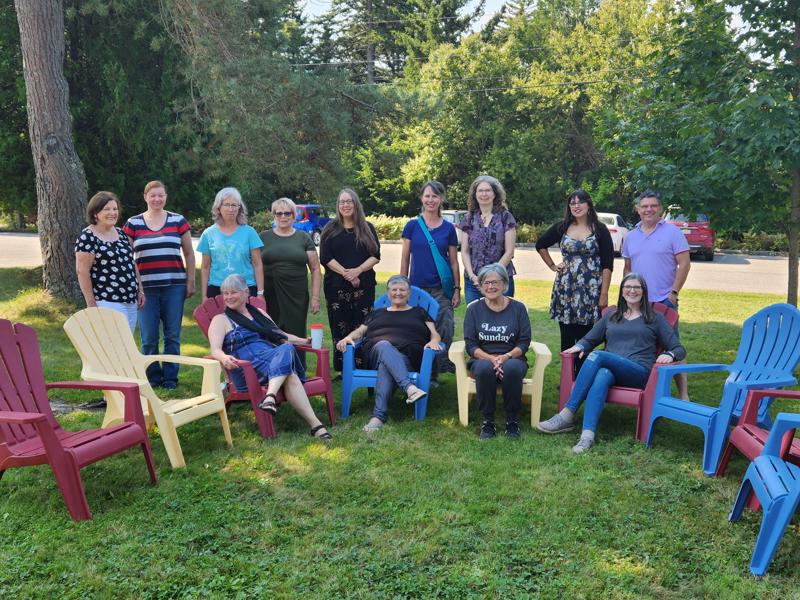
There’s no fairy godmother of motivation. Eventually, you have to face the blank page. I found myself enjoying the stimulating conversations with other writers during the day but doing most of my writing in the middle of the night, after all those social times were over.
And speaking of removing all obstacles to productivity…
Lower your expectations. I’m the sort of person who’s always running behind, a little late. A related flaw is that I always wildly overestimate all the things I can accomplish in any given time period.
A weekend retreat isn’t very long. If you can get away for a week or two, so much the better, but two or three days is just enough time to take a breath of different air. Drop the bags, fall on the bed. Have a snooze. Come down for dinner and meet the folks, and then see how you feel.
The best outcome of a short retreat is to reacquaint yourself with the project languishing in a drawer, where it’s gathering dust. Plan what you want to achieve, cut it in half, and that’s probably about right. At this last retreat, I wanted to complete the first draft of a three-act dinner theatre. I already had the structure worked out, but I wanted to get the words down on paper. By Sunday, I only completed the first act, but now I have some momentum to complete the task in the coming weeks. That’s worth something.
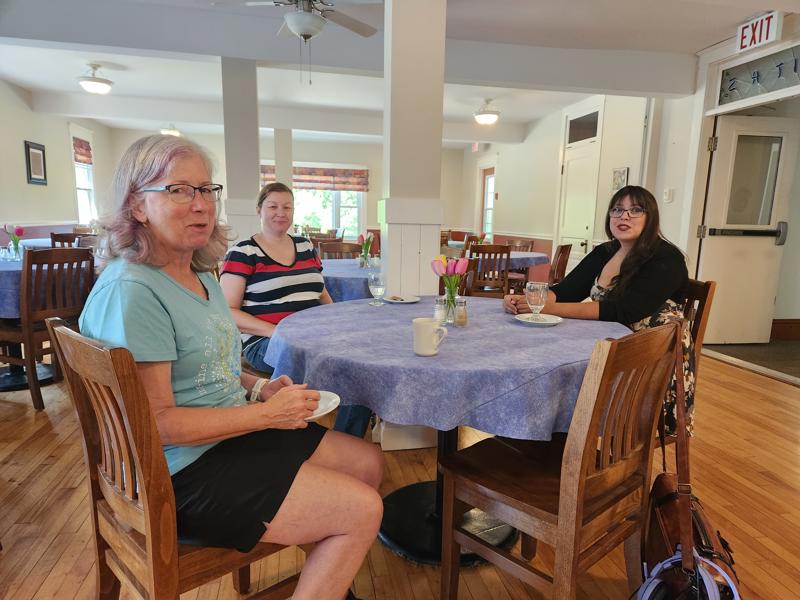
Watch the connections that people make, and let it inspire you. I love watching people talk. I like to sit back and just listen to their responses, especially those who were strangers at the beginning of the weekend. New writers are sometimes timid, especially when they don’t network very much. It’s very rewarding to watch the light come on—when they see there’s a whole community of writers, just like them.
Unless you write with a partner on a regular basis, the process of writing is solitary. We benefit from asking questions, sharing our projects and our experiences with publishing, and gaining solace, encouragement, and inspiration from others who understand the writing life. And when I return home, it gives me a greater appreciation for my regular surroundings, that I somehow always take for granted.


